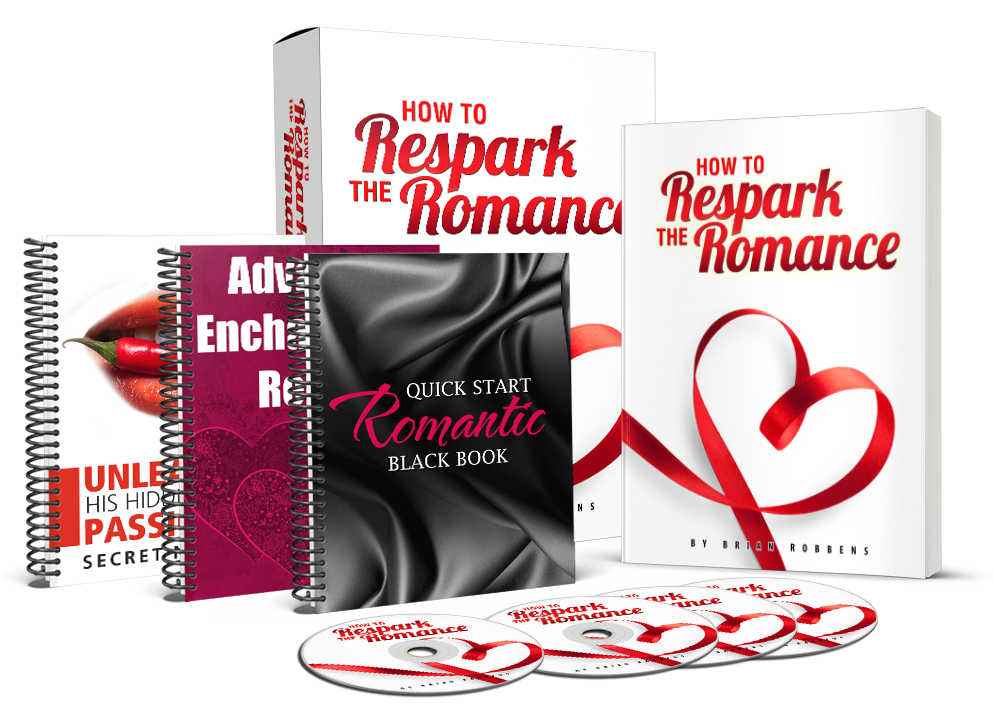Dating can be thrilling, exciting, and full of possibilities, but it can also be complicated—especially when you’re dating someone who’s been hurt before. Maybe they’ve experienced betrayal, endured heartbreak, or gone through a toxic relationship that left scars. While everyone brings their past into new relationships, dating someone with a history of emotional pain can feel like walking a tightrope between wanting to support them and trying to protect your own heart.
It’s easy to second-guess yourself: “Am I enough to help them heal?” “What if I end up being another source of pain?” But here’s the truth: staying confident while dating someone who has been hurt isn’t about fixing their past; it’s about being your best self in the present. Confidence is key—not just in making your partner feel secure, but in ensuring that you remain true to who you are.
If you’ve found yourself in this situation, here’s how to stay confident, navigate the ups and downs with grace, and build a relationship that’s rooted in trust and mutual respect.
1. Understand Their Past, but Don’t Take Responsibility for It
It’s natural to want to understand your partner’s past, especially if it involves pain or betrayal. Listening to their story can offer valuable insights into their fears, triggers, and needs. However, it’s crucial to remember that while you can empathize with their experiences, you are not responsible for their healing.
What this looks like:
- Be a compassionate listener: Let your partner share as much (or as little) as they’re comfortable with, without pushing for details. Sometimes, just being heard is a healing act in itself.
- Avoid the “savior” mentality: Resist the urge to fix their wounds or be the hero that erases their past. Your role is to be a supportive partner, not their therapist.
- Set healthy boundaries: While empathy is important, you also need to protect your own emotional space. If conversations about their past become overwhelming, it’s okay to gently set boundaries and revisit the topic when you’re both ready.
Understanding their past allows you to be sensitive and supportive, but it doesn’t mean you should carry the weight of their previous heartbreak. Confidence comes from knowing that you’re not competing with their past; you’re creating something new.
2. Communicate Openly and Honestly About Your Feelings
Dating someone who’s been hurt before can be an emotional rollercoaster—for both of you. There may be moments when their trust issues or fears make you feel insecure, frustrated, or even confused. The best way to navigate these moments? Open, honest communication.
How to communicate with confidence:
- Express your feelings clearly: If something bothers you or makes you feel uneasy, address it calmly and respectfully. For example, instead of saying, “Why don’t you trust me?” try, “I feel a bit hurt when my intentions are questioned. How can we work through this together?”
- Be transparent about your intentions: Let your partner know where you stand. If you’re serious about the relationship, say so. This clarity helps build trust and sets the tone for a committed connection.
- Encourage them to share, but don’t force it: Invite your partner to share their feelings and concerns, but respect their pace. Sometimes, just letting them know that you’re there and willing to listen can be enough.
When you communicate openly, you show your partner that you’re invested, and you give yourself the reassurance that your needs and boundaries are also being respected.
3. Don’t Internalize Their Fears or Trust Issues
When dating someone who has been hurt, it’s common for past wounds to resurface. Your partner may have trust issues, fear of abandonment, or emotional barriers that seem to come out of nowhere. It’s important to remember that these reactions are not about you—they’re about their past experiences.
Staying confident in the face of their fears:
- Don’t take things personally: If your partner is hesitant to open up or seems distant at times, it’s not a reflection of your worth. It’s a reflection of the walls they’ve built to protect themselves.
- Stay steady and consistent: One of the best ways to counteract their fears is through consistency. Show up, keep your promises, and be the steady presence they need.
- Acknowledge their feelings without absorbing them: Validate their emotions without making them your own. You can say, “I understand why you might feel that way, but I hope over time you’ll see that I’m different.”
Confidence means recognizing that while you can be a positive influence in their healing journey, you are not the cause of their pain, nor are you responsible for fixing it.
4. Focus on Building Trust, Slowly and Steadily
Trust is the cornerstone of any relationship, but when someone has been hurt before, it can take time—sometimes a lot of time—for that trust to be rebuilt. Patience and consistency are key.
Ways to build trust with confidence:
- Be transparent and reliable: Follow through on your commitments, be honest even when it’s uncomfortable, and keep the lines of communication open.
- Show, don’t just tell: Words of reassurance are great, but actions speak louder. Simple gestures—like showing up when you say you will or remembering the little details they share—can be incredibly powerful.
- Respect their pace: Trust-building isn’t linear. There may be setbacks, but staying patient and respectful of their process will strengthen the bond you’re building together.
Confidence in a relationship isn’t about rushing to the finish line; it’s about being willing to take each step together, no matter how slow.
5. Keep Your Own Self-Worth and Confidence in Check
It’s easy to fall into the trap of overcompensating when dating someone with a painful past, constantly trying to prove your worth or reassure them of your intentions. But maintaining your own self-worth is crucial. The right relationship should build you up, not drain you.
How to maintain your confidence and self-worth:
- Don’t lose yourself: Keep pursuing your own passions, friendships, and interests. Your identity should not revolve solely around your partner’s healing.
- Set clear boundaries: Be clear about what you’re willing to tolerate and what you need from the relationship. Your boundaries are a reflection of your self-respect, not a burden on the relationship.
- Celebrate your strengths: Remind yourself of what you bring to the table. Confidence is attractive, and it reassures your partner that you’re secure in who you are.
You deserve a partner who sees your value, just as you see theirs. Staying confident means never compromising your own self-worth, even when you’re deeply invested in helping someone else heal.
Final Thoughts: Confidence Is Your Greatest Asset
Dating someone who has been hurt before isn’t about walking on eggshells or constantly proving yourself. It’s about showing up as the confident, caring person you are and creating a space where both of you can grow. Your confidence will help your partner feel safe, but more importantly, it will keep you grounded and true to yourself.
Remember, you’re not just helping your partner heal; you’re building something beautiful together—one step, one conversation, and one act of love at a time.
Have you ever dated someone with a painful past? What helped you stay confident and connected? Share your stories, tips, or questions in the comments below! Let’s support each other in creating relationships that are compassionate, strong, and full of confidence.




















